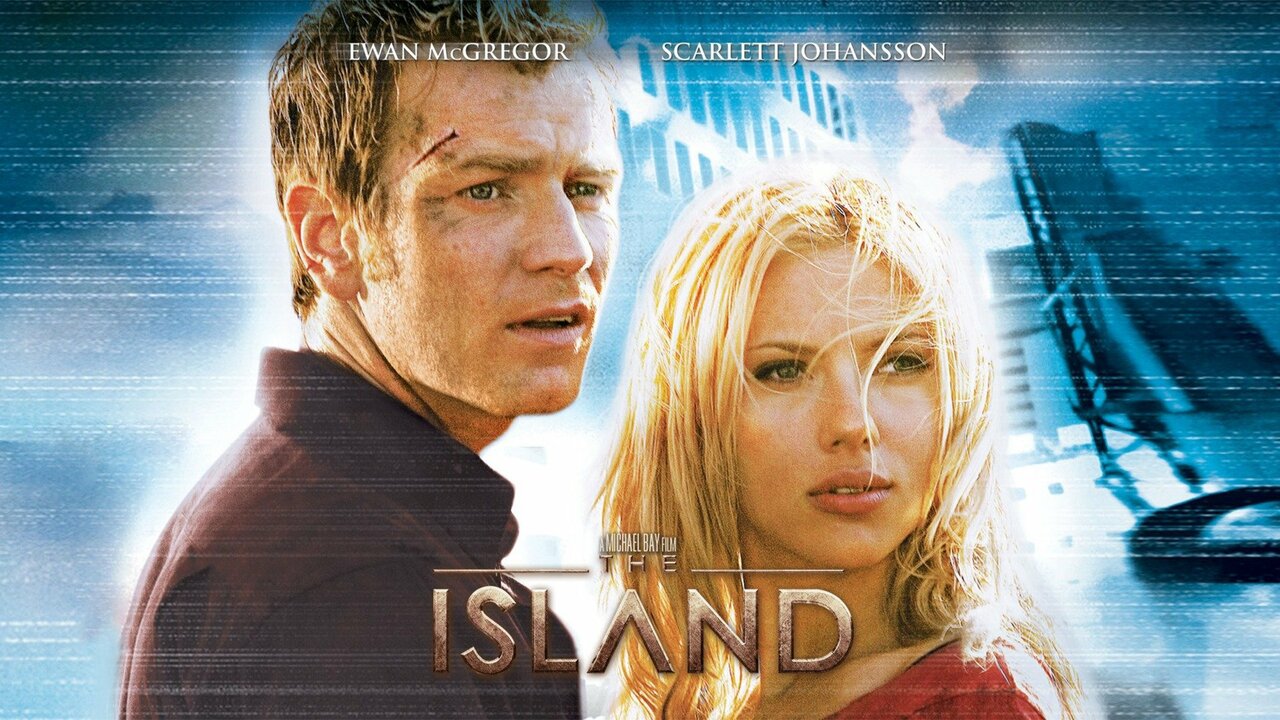“Gangster Squad” (2013): A Stylish Throwback with Substance Beneath the Surface
Released in 2013 and directed by Ruben Fleischer, Gangster Squad is a stylized crime thriller that pays homage to classic noir and mob movies while delivering a pulpy, action-driven take on Los Angeles’ criminal underworld of the late 1940s. Inspired by real events, the film chronicles the secret war between a small group of incorruptible cops and the ruthless gangster Mickey Cohen, played with menacing flair by Sean Penn.
Set in post-World War II Los Angeles, the story follows LAPD Sergeant John O'Mara (Josh Brolin), a tough and morally driven war veteran tasked with assembling a covert team to dismantle Cohen’s criminal empire. Cohen, a former boxer and now the undisputed kingpin of L.A.’s underworld, has law enforcement and politicians in his pocket, and operates with near-total impunity. With official channels proving ineffective, Police Chief Bill Parker (Nick Nolte) gives O'Mara the green light to fight dirty—off the books, out of uniform, and without backup.

O'Mara recruits a motley crew of officers, each bringing a unique skillset to the operation. These include smooth-talking Jerry Wooters (Ryan Gosling), sharp-shooter Max Kennard (Robert Patrick), tech-savvy Conway Keeler (Giovanni Ribisi), and the street-smart Navidad Ramirez (Michael Peña). As the Gangster Squad takes on Cohen’s empire through sabotage, shootouts, and surveillance, the film escalates into a bloody and bombastic battle between good and evil. Meanwhile, a romantic subplot unfolds between Jerry Wooters and Grace Faraday (Emma Stone), Cohen’s etiquette coach and reluctant companion, adding personal stakes to the conflict.
Stylistically, Gangster Squad is a visual feast. The film is drenched in noir aesthetics—slick suits, smoky nightclubs, vintage cars, and hard-boiled dialogue. The cinematography by Dion Beebe is rich and atmospheric, evoking the glamor and grit of 1940s Los Angeles. The action sequences are highly stylized, often exaggerated, and sometimes border on comic book-like intensity, which may divide viewers expecting more grounded realism.

Critically, the film received mixed reviews. Many praised its visual style, ensemble cast, and high-octane energy, while others criticized it for lacking depth and relying too heavily on genre clichés. Sean Penn’s portrayal of Mickey Cohen drew both admiration and skepticism—his performance is explosive, but some felt it veered into caricature. Josh Brolin and Ryan Gosling deliver solid, if archetypal, performances, with Gosling adding charm and nuance to an otherwise straightforward role.
One of the film’s strengths is its attempt to portray the moral ambiguity of law enforcement operating outside the boundaries of legality. While the "good guys" are ostensibly fighting for justice, their methods raise questions about the price of victory and the thin line between heroism and vigilantism. However, the film often chooses style over substance, skimming the surface of these themes rather than fully exploring them.

In the end, Gangster Squad is a pulpy, popcorn-fueled crime caper that entertains more than it enlightens. While it may not match the depth of genre classics like L.A. Confidential or The Untouchables, it offers a slick, violent, and undeniably fun ride through one of the most corrupt chapters in Los Angeles history.



